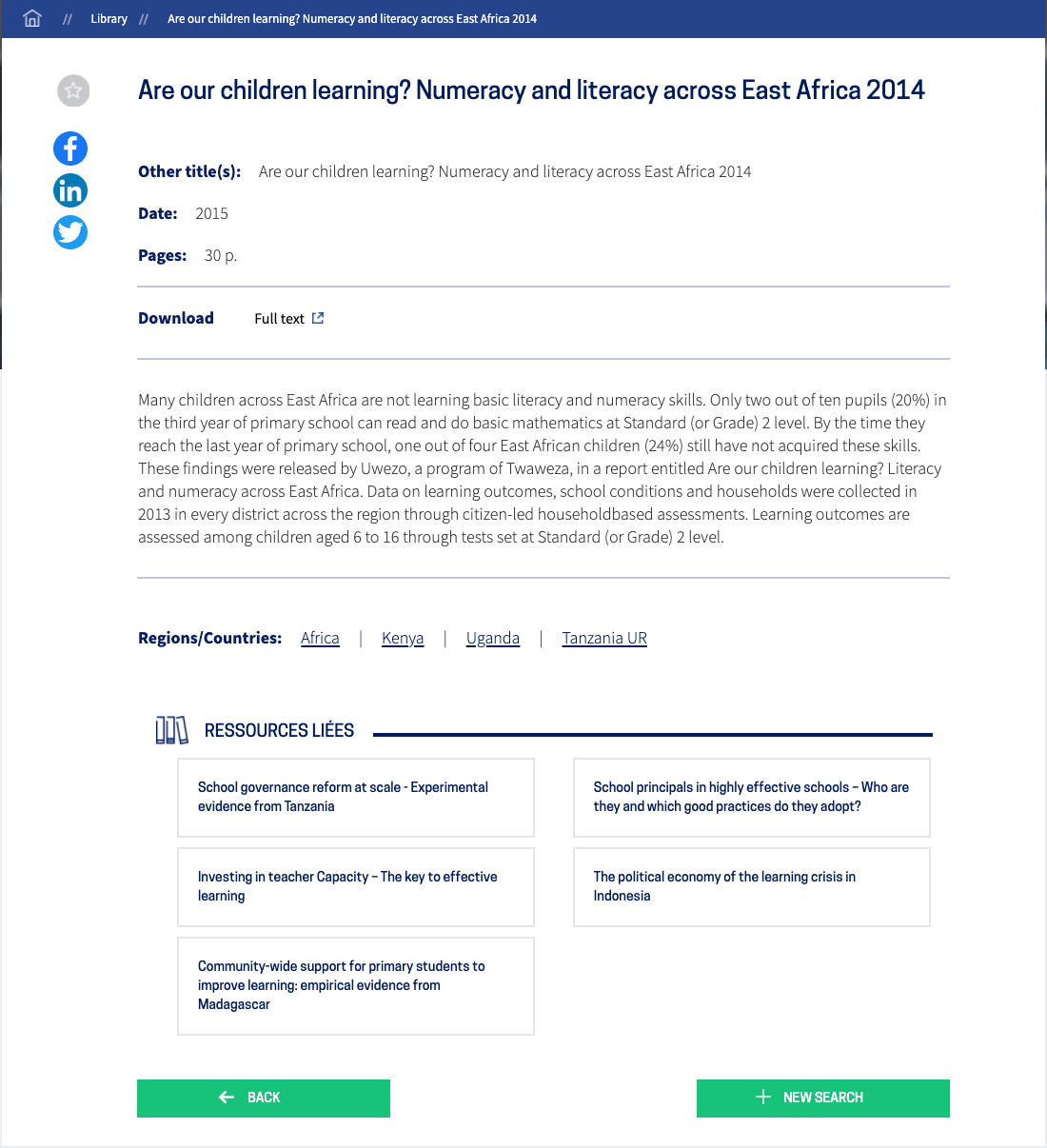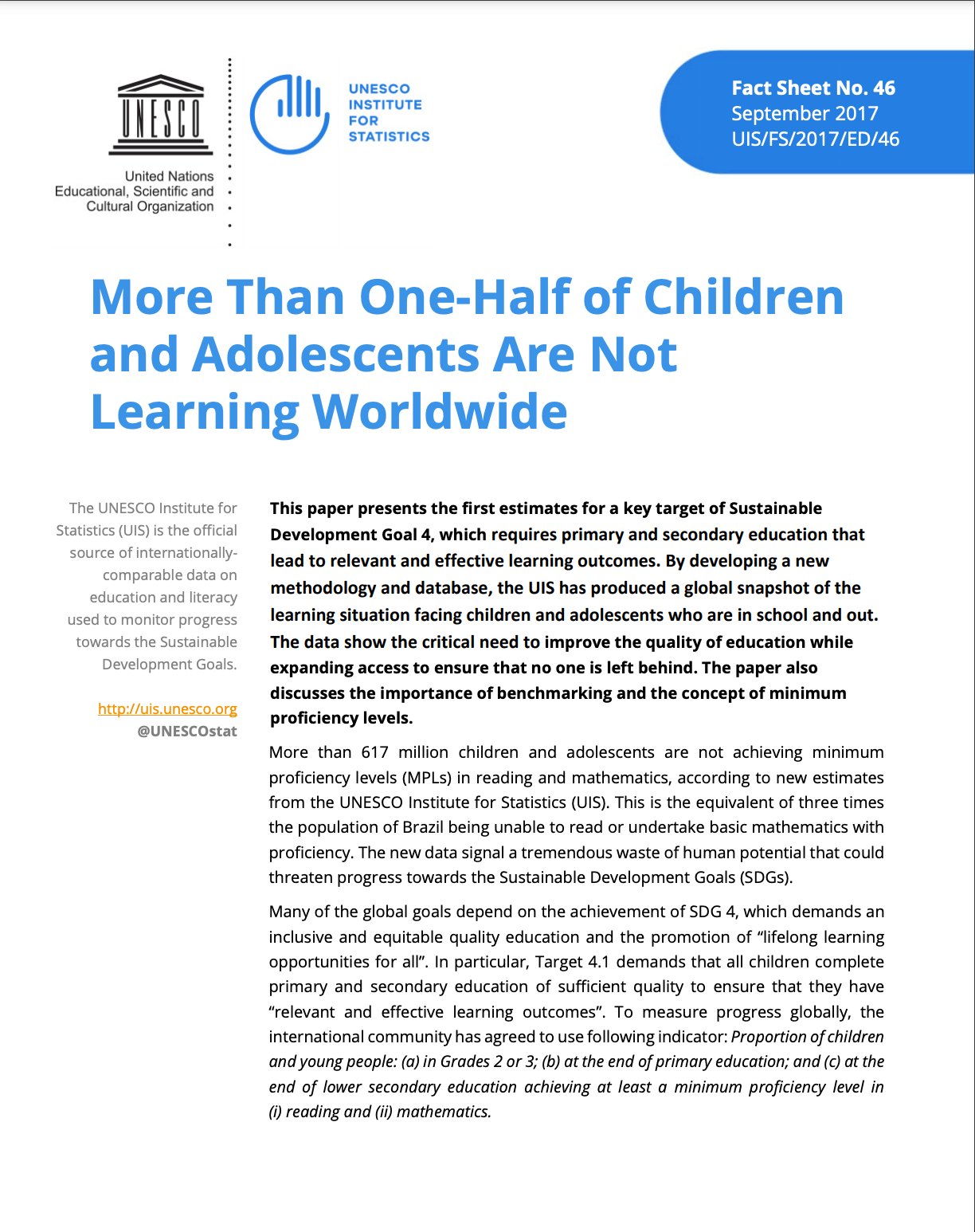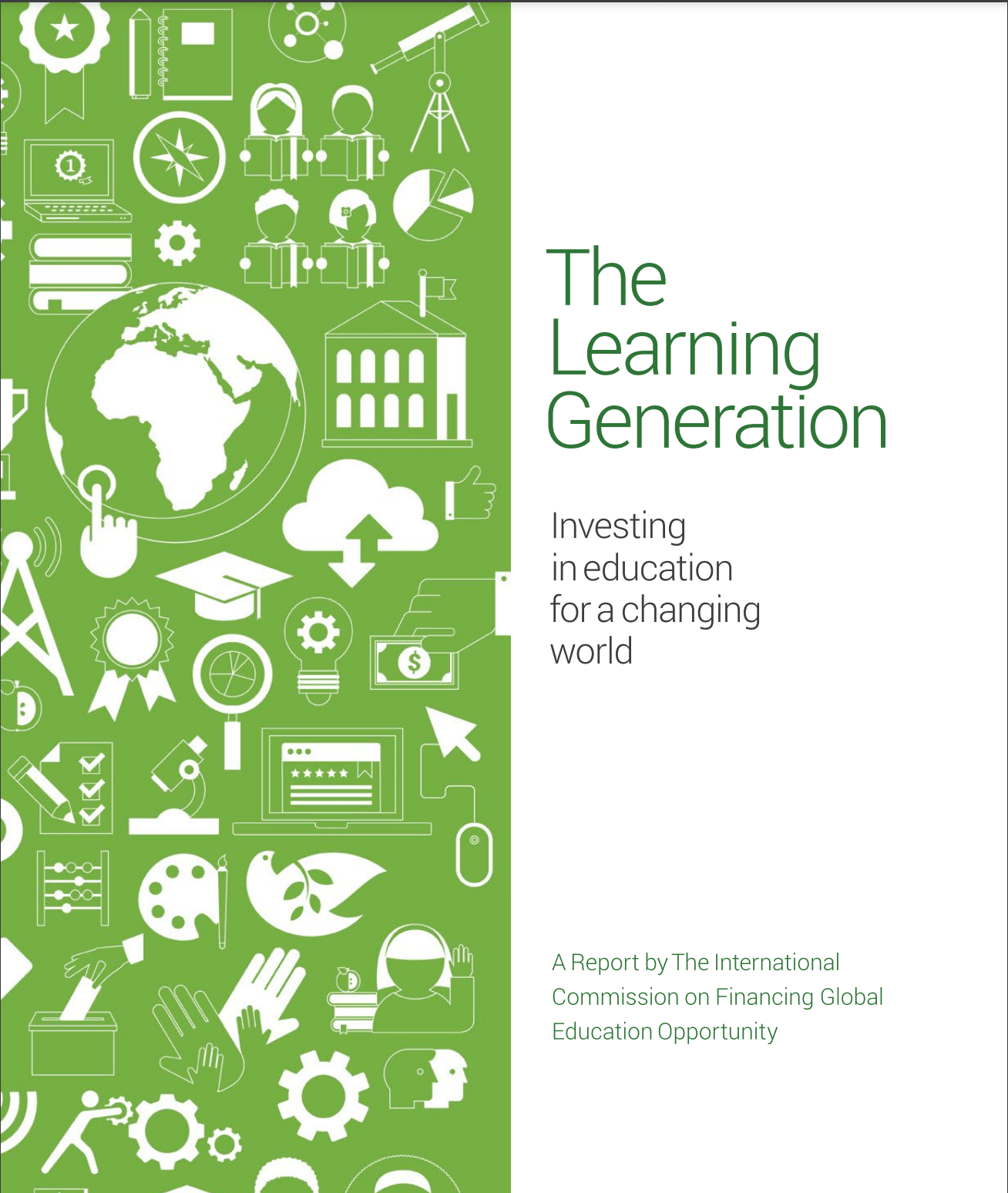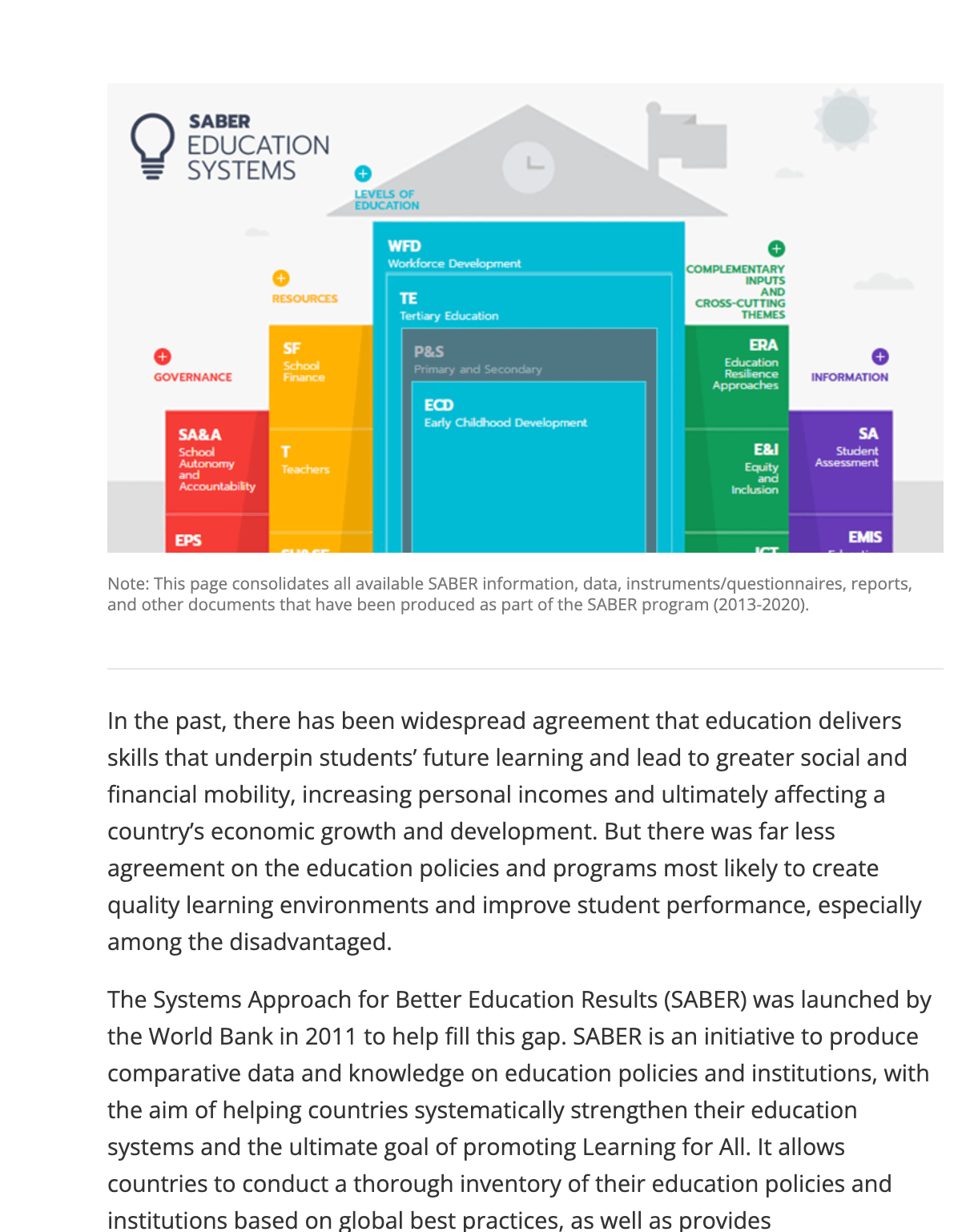The youth of Africa is at risk. Rapid population growth in Africa has increased the absolute number of poor people in Africa to approximately 413 million. It is also estimated that one-third of Africa’s youth aged between 15 – 35 are unemployed. Africa’s latest score on the World Bank’s Human Capital Index (an index that measures the potential productivity of the next generation) is 0.4, lower than the global average of 0.57. This ultimately means that children born in Sub-Saharan Africa will be only 40% as productive when they grow up as they could have been if they had complete health and education. These statistics depict a terrifying ordeal for Africa’s future generations in terms of livelihood and employment.
One of the reasons for this is a lack of foundational literacy. It is estimated that 9 out of 10 children in Sub-Saharan Africa are unable to read a simple sentence by the age of 12 which is 7 times worse than their counterparts in Europe and Central Asia. There is increasing evidence that intricately links the next generation’s potential productivity to poor foundational literacy and numeracy outcomes. Without the basic skills, children in Africa are unable to acquire the necessary education and skills to productively contribute to the economy and civic life.
Governments need to take notice of the magnitude of this problem and the urgency to resolve it. They must be enabled to make the ‘right’ investments to improve foundational literacy and numeracy skills.
Why invest in FLN?
Foundational Literacy and Numeracy (FLN) refers to the concept of building basic literacy and numeracy skills during the early years of primary school and the foundational stage of school education. Evidence and studies suggest that these skills ideally should be developed during the first five years of education as that is when it is recommended for a child to develop their cognitive abilities in language and mathematics.
Literacy and numeracy skills are the foundation and bedrock for a child’s future learning. Investing in Foundational literacy has been linked with increased adult earnings, agricultural productivity, and better health outcomes for the next generation. Therefore, it aligns well with the achievement of all Sustainable Development Goals (SDGs) and is a precursor to the attainment of SDG Goal 4 which prioritizes quality education for all.
By not focusing on FLN, countries in Africa are entering into a dangerous trap of their children not being equipped with skills to fully recognize their potential which will eventually impact opportunities and innovation as well as economic growth for Africa. Third graders who cannot read on grade level today are on track to be our nation’s lowest income, least skilled citizens. Poor FLN outcomes will ultimately lead to a whole generation of children and youth into a cycle of abject poverty, unemployment, and insecurity.
What is needed to overcome the challenge?
Governments in Sub-Saharan Africa often either do not prioritize foundational learning or do not have the right tools to improve them. We think governments need to take a combination of four actions to improve FLN outcomes:
- Increase their knowledge and awareness about FLN: Understand the magnitude and the causes of the problem in their country and familiarise themselves with best practices to solve the problem
- Increase commitment towards FLN through the ‘right’ actions: Governments and policymakers need to adapt their education policies and plans by adopting evidence-based policies that target foundational learning
- Increase resources to supplement policy changes: Any policy reforms to improve FLN outcomes will need to be supplemented by appropriate budgetary allocations
- Increase capacity for implementation: Often sound policies fail to deliver results due to poor implementation efforts. Governments will need the right support to implement reforms effectively.








